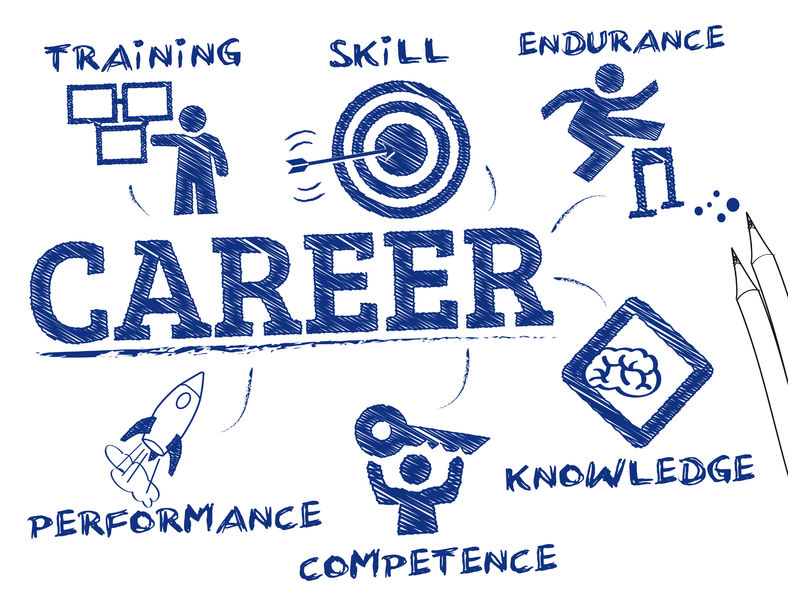
Planning for your career is all about envisioning where you want it to be in the next few years. You may also need to solve organizational problems and expand your skill set. It is essential to keep track and set realistic goals for your career. Here are some ways to get started on your career planning.
Goal setting
It is important to set goals in order to improve your career, and your personal growth. These goals can be related to earning potential, promotion, education, or creativity, among other things. You need to evaluate how well you're progressing toward your goals on a regular basis. It will help you have a better idea of how far you have come and you will face fewer challenges as you strive to achieve them.
You should not only identify your goals but also plan for your future career. Your long-term career plans can be complicated to develop when you are just starting your career. You may not know what kind of work you enjoy or what career options are available. Reflecting on long-term goals can help to determine what you want out of work and your career.
Keep track of your work achievements
In the process of careers planning, keeping track of work achievements is crucial. This way, you can showcase your work achievements to potential employers and use them as leverage to negotiate a higher salary. It is possible to demonstrate that you have received an award or are a part of an organization. This documentation will also prove your qualifications. This is a great way to increase your self-esteem.

A second benefit to keeping track of your work achievements is the ability to use it as a reference when performing performance appraisals. It can also be helpful in building your online presence. To keep track of major accomplishments in work, you can use a spreadsheet with a brief description and date.
Setting realistic, short-term and long term career goals
Set short-term as well as long-term career objectives, no matter whether you are a student, an adult working in the field, or just someone looking to pursue a career in that area. While short-term goals can be achieved and are more manageable, long-term goals will require more time, patience, and effort.
As they are often more ambitious and long-range, long-term career goals require more planning. These long-term goals may also require several years of work. Although a degree is a common goal over the long term, it can be difficult to attain. A degree is usually the first long-term goal people set.
How to identify the best way to achieve your goals
Careers planning involves identifying the means to achieve your goals. You can then clarify your long-term as well as short-term goals. If you want to be a public speaker, then you can take public speaking classes to learn how to present on stage. Or, if you'd like to become a data analyst, you could learn how to use certain programming languages. It is important to be clear about your goals.
Goals can be related to many aspects of your life like family, finances and artistic goals. In some cases, your career goals might be closely linked to these goals, such a promotion. Some goals may relate to your family or your health in old age.

A senior employee can give guidance
A senior employee can provide valuable guidance and help you to explore new opportunities. Review your current job description and decide what career path you wish to pursue. Once you have a clear idea of your goals, you should create a plan to present it your manager. Your manager and you should have a conversation that is open and honest.
Your employer must make an investment in your career pathing, but this is worth it for employee engagement. LinkedIn Learning found that 94% would remain with their company if they invested more in their careers. This is because employees who do not know what their career paths will be are more likely to feel frustrated and to seek out alternative work.